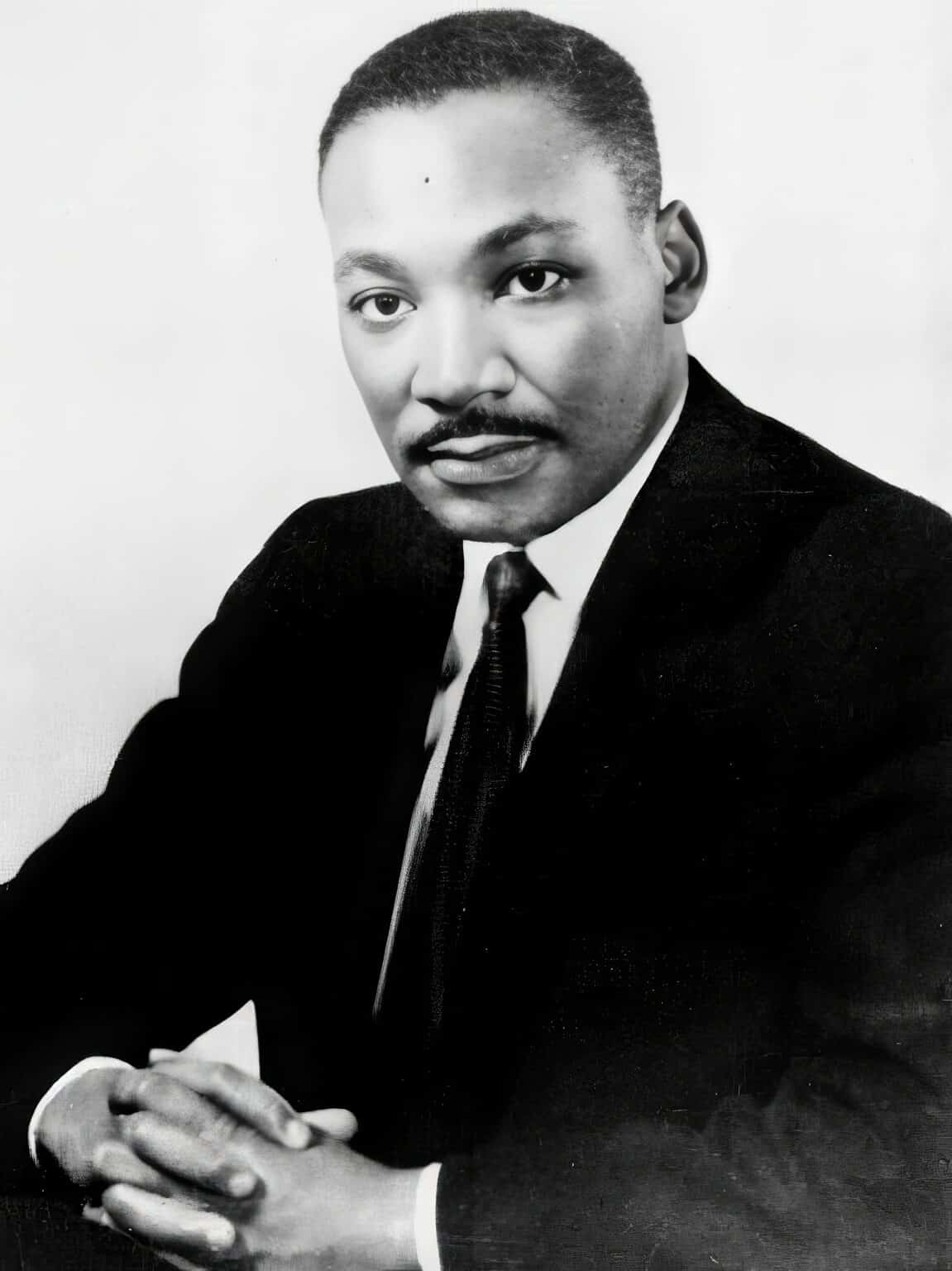RESOURCES
PEOPLE
Dr. Martin Luther King Jr.
1929-1963
Dr. King, the iconic leader of the American civil rights movement, played a pivotal role in drawing national attention to the injustices of school segregation and the broader struggle for racial equality. While most remembered for his leadership in Montgomery, Birmingham, and Washington, D.C.,Dr. Martin Luther King Jr.‘s visit to Farmville, Virginia, in March 1960 was a powerful moment in the civil rights movement’s response to Massive Resistance and the school closings in Prince Edward County.
By the time Dr. King arrived in Farmville, public schools in Prince Edward County had been closed for nearly a year. The county’s Board of Supervisors had chosen to defund the public school system rather than integrate, following Virginia’s broader Massive Resistance strategy. White students largely transitioned to newly created private “segregation academies,” supported by state tuition grants and tax credits. Black students, however, had virtually no formal educational options. Makeshift “training centers” and church schools emerged, but they lacked resources and could not meet the needs of hundreds of displaced children.
Dr. King came at the invitation of local activists and church leaders who hoped his visit would raise awareness and encourage federal action. He was already a national figure—less than two years removed from his arrest in Montgomery and on the cusp of launching the Southern Christian Leadership Conference’s (SCLC) campaign of nonviolent direct action across the South.
Dr. King spoke at First Baptist Church on South Main Street, where more than 1,500 people filled the sanctuary and overflowed onto the streets. His message was both empathetic and emboldening. He called the school closings “a tragic and calculated injustice” and urged local Black citizens not to succumb to despair.
“What is happening in Prince Edward County is not only an educational crisis—it is a moral disgrace. To deny any child the right to learn is to deny their humanity.”
He warned of the long-term damage being done to Black youth, not only through the loss of schooling but also the psychological impact of being told their education—and their futures—were expendable. King emphasized the need for nonviolent resistance, legal action, and federal government intervention. He also made it clear that Prince Edward was not alone—similar dynamics were playing out across the South.
“Let the nation and the world know: The fight for freedom is not only in Montgomery, or Birmingham, or Little Rock—it is here in Farmville too.”
He praised the courage of Prince Edward’s parents and youth, many of whom had organized learning cooperatives, protested the closures, or participated in legal challenges. He assured them they were not forgotten:
“You are doing something here of great significance. You are the conscience of America.”
